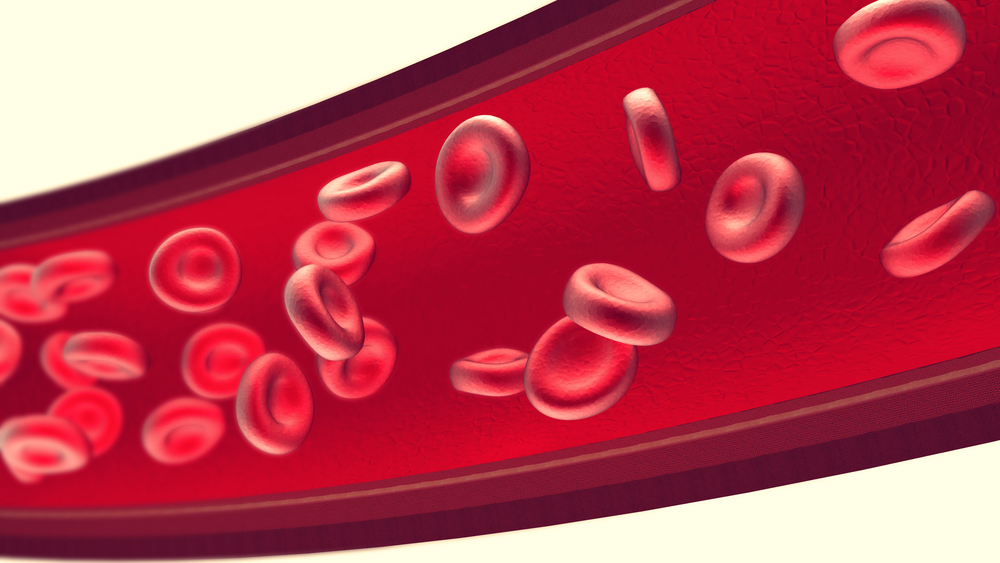Orion Jones
Managing Editor
Get smarter, faster, for success in the knowledge economy. Like us on https://t.co/6ZFWKpoKLi or visit https://t.co/d7r7dG2XOq
The burgeoning legal marijuana industry is putting pressure on public utilities, using tremendous amounts of power to grow its plants indoors, shielding them from the elements and thieves alike.
Today’s feminist movement–the Fourth Wave–is best characterized by an increasing diversity of voices that, in reaction to the Third Wave of the 1990s, want to establish a bedrock of feminine values rather than follow male ones.
At a time when we threaten to tip the Earth’s scales, possibly causing irreversible damage to its ecosystem, the actions of a single individual seem more ineffectual than ever.
After we’ve extended the human lifespan exponentially and created the means for quick interstellar travel, humanity will set its sights on the ultimate goal: saving our universe from certain destruction.
Despite the rising popularity of incentive pay, nothing motivates us better than having an internal and personal reason to do something, or so says a new study of some 11,000 military cadets.
“One of the greatest challenges to the engineering of large tissues and organs is growing a network of blood vessels and capillaries,” said the scientist leading current research efforts.
“Given the heat,” said Miller, “people smelled, of course, but some smelled a lot worse than others.”
On his blog, Caltech physicist Sean Carroll explains how if you accept quantum mechanics, it is not difficult to accept the multiple universes hypothesis.
Los Angeles dermatologist Eric Finzi has published two studies suggesting that Botox injections can relieve symptoms of depression by keeping the face from expressing sorrowful or painful emotions.
Thanks to a NASA grant, the University of Southern California’s Dr. Behrok Khoshnevis is designing robotic machines that could build landing pads, hangars, and roads out of the Martian soil.
Soon after 2020, IBM expects to release commercial computer transistors made from carbon nanotubes, replacing silicon chips as the standard for personal computing devices.
By simply watching how couples interact, psychologist John Gottman claims that he can predict with 94% accuracy whether the couple will stay together or split up.
In a study that analyzed how different cultures perceive many of the words they use on a daily basis, researchers have found that humans tend to speak positively about each other and the world.
Details have just emerged of how Facebook carried out an experiment that intentionally manipulated the emotions of some 700,000 of its users in January of 2012, allegedly without the consent of users.
Solid experimental evidence supports the claim that meditation can reduce stress, improve general health, and perhaps most impressively, lengthen the human lifespan.
The run up to the war is perhaps the most glaring evidence we have of how human stupidity is the dominant theme, or a least a very powerful one, working to drive our history forward.
Having a creative mind may correlate with both sanity and madness, debunking the popular notions that creative people tend toward having a mental illness.
A second generation of online educational opportunities is beginning to revolutionize higher education in ways sorely needed, argues the Economist.
Factory farming, eating meat, Internet porn, overprescribing antibiotics, obesity, the maintenance of nuclear weapon stockpiles: these are just some of the reasons that future generations may criticize the morals of our present society.
Three to six months after becoming parents, a quarter of fathers and nearly half of all mothers exhibit signs of clinical depression, according to a study published in the Journal of the American Medical Association.
Observational evidence gathered from a supernova blast has some physicists arguing that the constant for the speed of light, first calculated by Einstein, is in need of updating.
Cities in developing countries around the world are bracing for an explosive increase in their populations by 2050 and an urban planning program at New York University wants to help.
Working long hours for weeks on end actually decreases productivity, according to a series of studies on the work habits of Americans. The result is a more disgruntled workforce and less efficient economy.
Neil deGrasse Tyson recently joined the ranks of Stephen Hawking, Richard Feynman, and Lawrence Krauss when he called philosophy “distracting” and criticized it for not offering the kinds of tangible gains of science.
Locked away in an archive for 150 years, a collection of 500 fairytales have been rediscovered by German cultural curators. The stories were recorded in the middle of the 19th century by oral historian Franz Xaver von Schönwerth.
Parents’ constitutional right to freely exercise their religion does not necessarily except their children from receiving vaccinations, provided the parents want their children to attend classes at publicly funded schools.
In her recent New Yorker essay, author Jill Lapore confronts the latest business jargon that is all the rage: disruption, or the idea that small startups are ideal for felling larger corporations.
Harvard University psychologist Daniel Gilbert says that each of us have a “psychological immune system”, in addition to our biological one, that links how we see the world with how we feel.
A new compilation of data called the Good Country Index has placed Ireland at the top of the world’s countries when it comes to contributing to humanity’s larger goals.
Unmanned ariel vehicles, or drones, are being adapted by film makers to capture more innovative shots with fewer technological constraints.





























